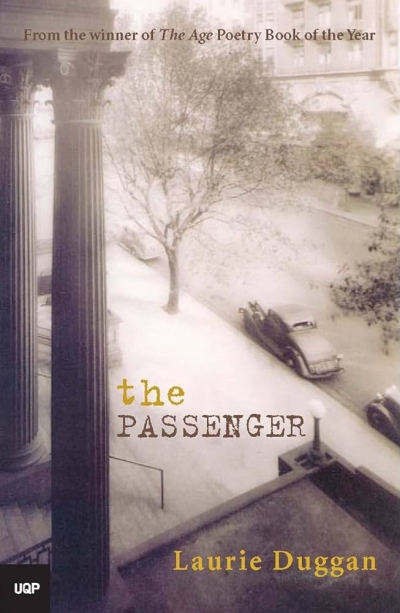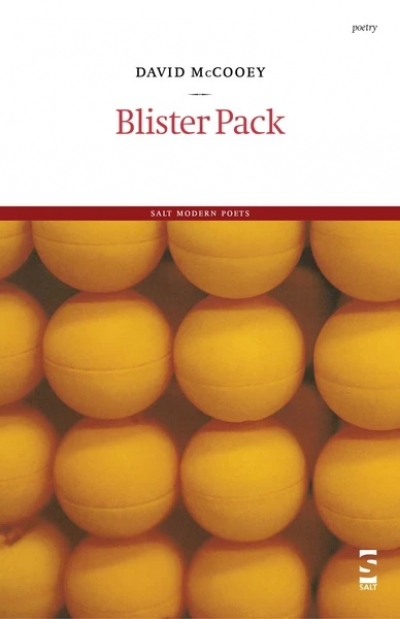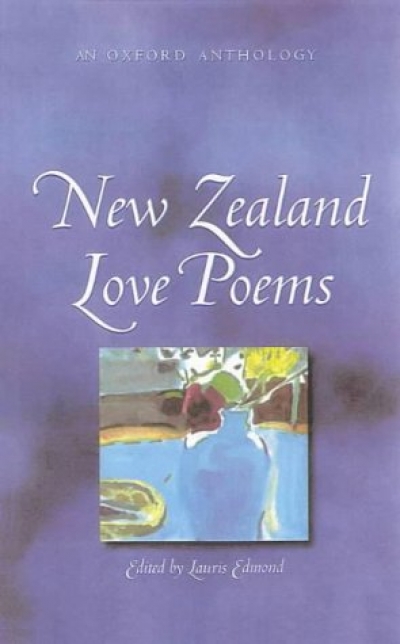Jennifer Strauss
The Collected Verse Of Mary Gilmore: Volume 1 1887–1929 edited by Jennifer Strauss
by Vivian Smith •
A day spent scratching civilisation’s sores –
Amnesty calls for Urgent Action;
a ministerial mouth, mean as a steel trap
closes another deluded seeker of asylum
behind barbed wire; civil liberties
are spooked by terror; girl children
trafficked to sexual servitude –
and I’m spent too. Not even that trusty spur,
the great-grandmother of my children
dead in another camp, another winter, another story,
can prick this chilled indifference to bleed –
although my mind’s rubbed raw, my heart
is dry as yesterday’s crusts.
... (read more)New Zealand Love Poems: An Oxford anthology edited by Lauris Edmond
by Jennifer Strauss •
The Oxford Literary History of Australia edited by Bruce Bennett and Jennifer Strauss
by Andrew Riemer •
Tierra del Fuego: New and selected poems by Jennifer Strauss
by Stephanie Trigg •









